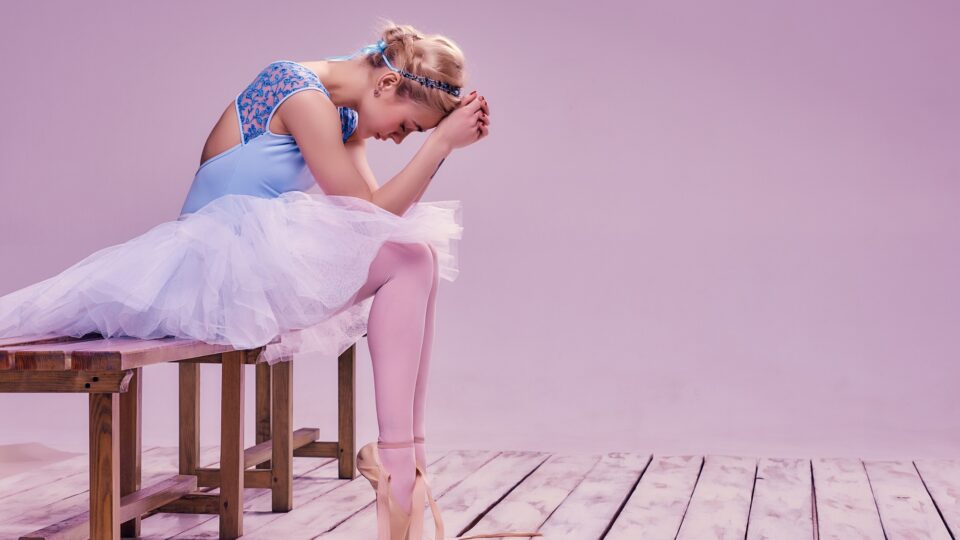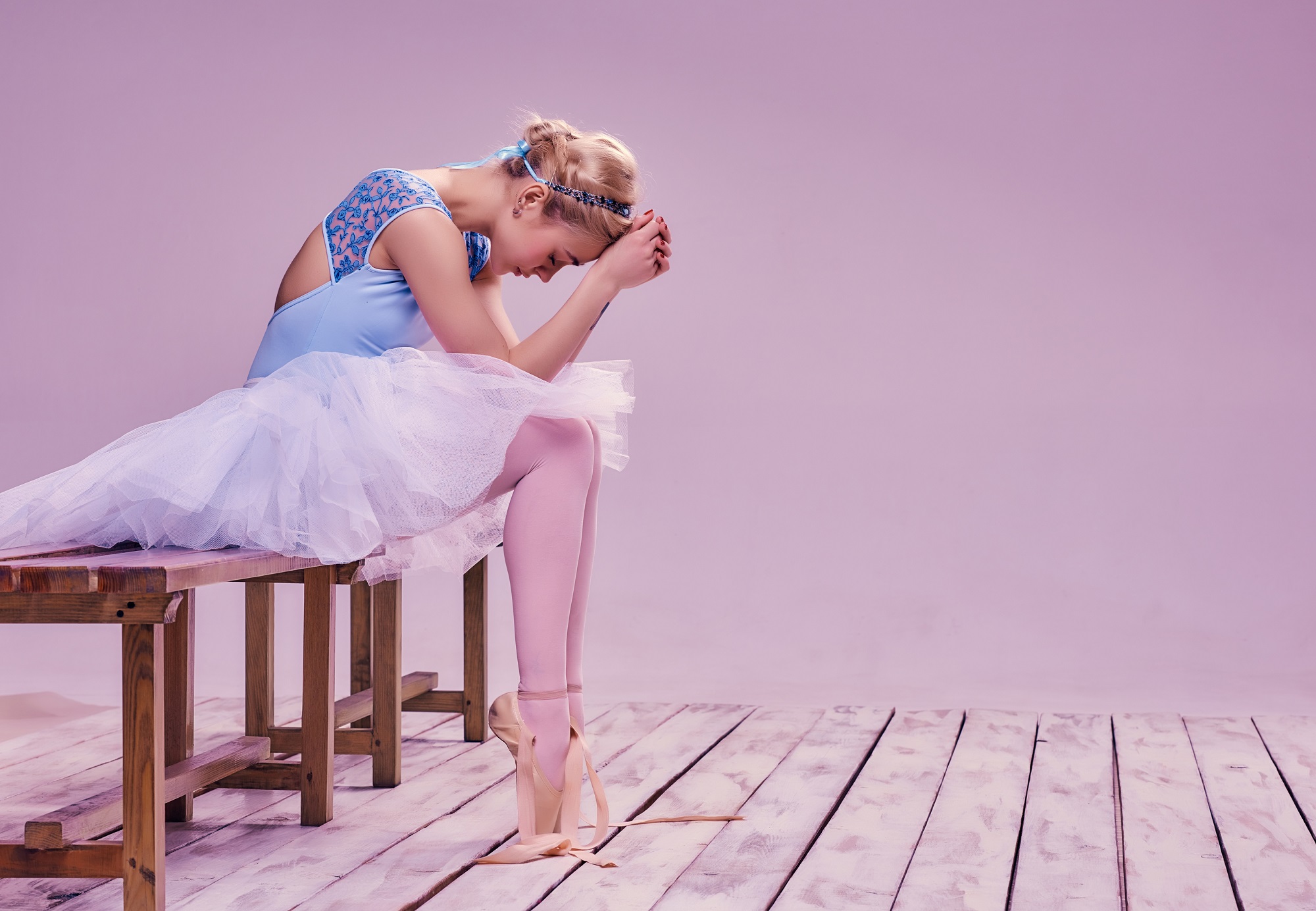
05 Jan2019

share



Like most exercises or sports, dancing has physical benefits on our body and overall health. The NHS encourages dancing as a physical activity to help improve fitness and evidence shows that “regular dancing is great for losing weight, maintaining strong bones, improving posture and muscle strength, increasing balance and co-ordination and beating stress” (NHS). Whilst most us are aware of the physical benefits dancing has on our bodies; an increased emphasis is needed on the advantages dance can have on our mental health.
With the growing importance of reducing the stigma around depression and anxiety we wanted to raise awareness of the benefits dancing has on mental health.
No matter your age or gender, one in 3 of us will experience a traumatic event at some point in our lives. This can severely impact upon our mental health (Mental Health Awareness Week).
Extensive research has been invested into the benefits dancing has on mental health and research has identified that “dance and movement are known to have physical and psychological benefits for those with mental illness” (BBC). This is because dance uses their body to express emotion and people suffering from mental illness often find it hard to express their feelings, as a result dance provides an opportunity for individuals to communicate their feelings. (The Guardian)
When dancing an ample flow of mood-improving chemicals is released helping to elevate our mental state; even one lively dance session has been proven to reduced depression in comparison to vigorous exercise or listening to music according to research conducted by The Arts in Psychotherapy.
Additionally, whilst the physical movement of dance helps reduce stress, anxiety and depression, dancing with others also helps us feel more connected and social. Dance classes can encourage social bonds and friendships which are key factors in improving our mood and mental health.
There is a wide range of dance genres available including ballet, tap, modern, street, jive, line, salsa, ballroom, Zumba and Wheelchair dancing; so you are guaranteed to find a style of dance which you love.
With such a diverse range of dance genres available to keep us physically and mental fit, whilst also providing the opportunity to develop new relationships, we can’t think of any reason not to start dancing!
If you are struggling with stress, anxiety or depression, or know someone who is, consider trying dance as a form of therapy. Search for your local classes now on the NHS website. However, dancing should not replace seeking out help from a professional, dance is just one tool to help you stay mentally healthy.